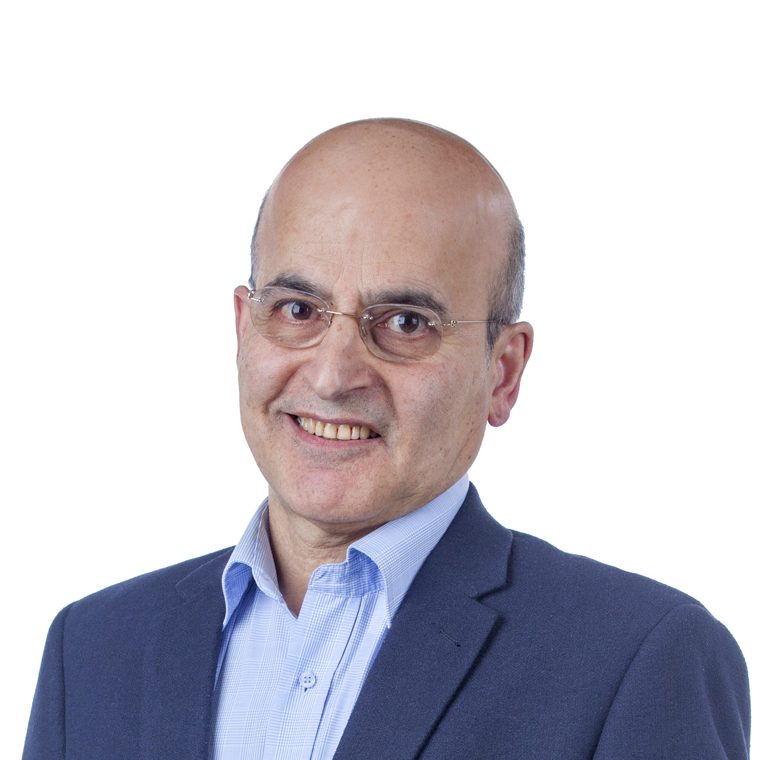Helicon Health: A Case Study
KTN caught up with Tony Bowden, CEO at Helicon Health, to find out more about the the development of the Epigastric Impedance Monitor and Helicon Health’s relationship with KTN. Read more in our case study.
KTN caught up with Tony Bowden, CEO at Helicon Health, to find out more about the the development of the Epigastric Impedance Monitor and Helicon Health's relationship with KTN. Read more in our case study.
KTN has conducted a case study with Helicon Health, looking at the development of the Epigastric Impedance Monitor.
The Epigastric Impedance Monitor (EIM) is a non-invasive diagnostic device for detecting stomach malfunction. Patients receive an earlier diagnosis and initiation of more effective treatment whether their problem is functional dyspepsia, diabetic gastro-neuropathy, or post-viral gastro-neuropathy.
In adults the symptoms of disturbed gastric function, often labelled dyspepsia, are common. Patients with dyspepsia feel bloated and full, they lose appetite and it may progress to nausea, acid regurgitation with pain in the chest and vomiting and weight loss. The cause is slow gastric emptying which has a physical origin when the muscles or nerves of the stomach are damaged, as in late-stage diabetes or after a viral infection. More commonly it has no physical cause so there are no detectable changes in the tissues.
The epigastric monitor is inherently practical to make and operate. It can be regarded as the gastric equivalent of the ubiquitous ECG machine. The specific advantages include non-invasiveness, due to absences of tube or pill swallowing and radiation, so it may be repeated many times. Capital and running costs for users are low due its simplicity, which permits operation by non-technical staff with a few hours of instruction.The EIM meets an un-met need by solving a common diagnostic problem, namely detecting stomach malfunction as explained above. Patients receive an earlier diagnosis and initiation of more effective treatment whether their problem is FD, diabetic gastro-neuropathy or post-viral gastro-neuropathy.
Prof. Mehdi Tavakoli from the KTN Health Team was contacted by Dr Andrew Sutton, inventor of the EIM. Andrew is a Clinical Pharmacologist with years of experience in Academic Research and leading large pharmaceutical research programmes. Andrew asked for an introduction to a company with the expertise and willingness to take the EIM through its regulatory and clinical trials and onwards to market. Prof. Tavakoli offered to introduce Andrew to Professor David Patterson and Tony Bowden at Helicon Health. The business and personal chemistry was good, and the company has invested in the technology with a programme designed to achieve a fast and successful go to market.
KTN caught up with Tony Bowden, CEO at Helicon Health, to find out more about the programmes of work and their relationship with KTN. Visit the Helicon Health site here.
You can view the case study in full here.


